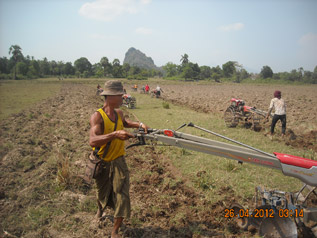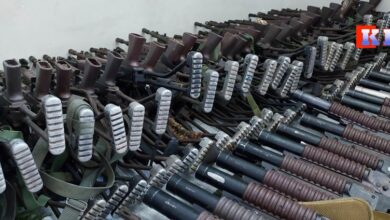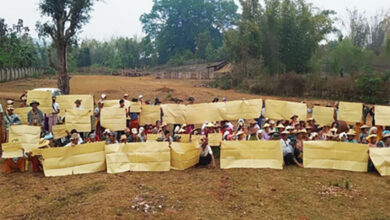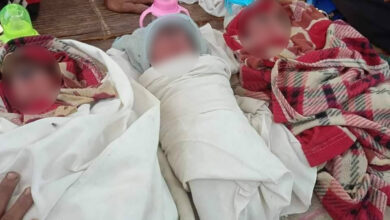Reforms make little difference in rural Burma, says KHRG in speech to UN Security Council

In a speech to the UN Security Council a prominent community based human rights organization has expressed concern over the lack of transparency and accountability surrounding Burma’s reform process.
Burma’s government, led by ex-general Thein Sein, recently passed an ‘action plan’ to end the use of child soldiers in the military by 2014 – when the country is set to take the chairmanship of ASEAN.
However, in a 5 minute statement, Saw Albert, Field Director of The Karen Human Right Group (KHRG), warned that Burma’s reformist policies have had little positive impact in the major ethnic states of Eastern Burma, with human rights abuses still ongoing – often at the hands of Burma’s military, the Tatmadaw.
The KHRG’s statement to the Security Council stressed the need for a “responsive and accessible accountability mechanism for grave violations perpetrated against children in armed conflict that prioritises local perspectives and addresses existing impunity for perpetrators.”
“[The] KHRG has clear evidence to show that they are also responsible for killing and maiming of children and attacks on schools and hospitals,” Saw Albert said.
“Tatmadaw [Burma Army] attacks that resulted in the closure of 13 schools, destruction of clinics and landmines planted in school compounds.”
Burma’s rapid reform process after the election of Thein Sein in March elections last year – widely seen as skewed in favour of the military – took the world by surprise. But Burma’s government still faces many challenges in turning the country around, including ethnic conflict, a chronic lack of infrastructure and widespread poverty.
One of the key hurdles will be establishing an operational legal system in a country long starved of higher education opportunities and where the military still has relative impunity.
“There is need for strong support to develop domestic accountability and rule of law,” said Saw Albert, “impunity on the ground continues to create an accountability deficit. The post-ceasefire environment may still include grave violations affecting children, because of high levels of militarization, unregulated development and security activity to protect economic interests.”




